3:15 — Kurt Vanderah introduces GasPedal and Social Media Business Council CEO, Andy Sernovitz.
3:15 — Andy: All right, if you know anything about me or this organization, you know you’re going to get a talk about ethics. It’s not just because ethics is important — it’s also because if you’re in the social business, you can write great stuff, but it’s not worth anything if you don’t have trust.
3:16 — Andy: The difference between lying to people and open and honest communication is disclosure. All the scandals you hear about all boil down to a disclosure issue.
3:17 — Andy: For the last 300 years, we’ve always mixed editorial and advertising. What makes it different here is that this medium makes it possible to confuse somebody’s blog post with your advertisement.
3:18 — Andy explains that regardless of what your favorite blogger or agency is saying, this is the law. This is a legal issue you should talk about with your legal team. It is not an option to tack on later. The latest FTC regulations have made it clear on what they will be cracking down on.
3:19 — Andy covers how it’s always been illegal across all mediums. You would never walk into your boss’ office and say, “Hey, let’s pay off some reporters for a few fake news stories.”
3:20 — Andy covers his three guides for safe social media outreach:
- Require disclosure and truthfulness in social media outreach.
- Monitor the conversation and correct misstatements.
- Create social media policies and training programs.
3:21 — Andy: You have a responsibility to monitor what you do. If you have people out there in the wild blogging about you, that’s not your problem. But if you’re out there recruiting them, it’s your responsibility. The FTC understands you can’t monitor everything a blogger you’ve ever worked with says about you, but you do have to make a good faith effort to monitor it.
3:23 — Andy goes into his personal recommendations for staying safe:
- Never pay for it. When you pay cash for coverage, you cross a line. It’s now advertising, and all the paid advertising rules kick into effect. And besides, once you’ve paid for it, nobody will ever trust you again.
- Real disclosure. This means someone reading that post knows that the company provided something of value to get that post. That means they need to see it up front, on top. This leads in to the “Don’t lie to your mom, policy.” It’s got to be obvious to the average reader that this was a sponsored post. If it’s not, you’re lying to your mother.
- Use the 10 magic words: I work for ____, and this is my personal opinion.
3:25 — Andy’s big things you need to disclose:
- Who are you?
- Were you paid?
- Is it an honest opinion based on real experience?
3:26 — Andy explains that it’s not about passing free samples, it’s about the coordinated programs that you’re running.
3:27 — Andy: Most companies don’t set out to do a stealth marketing campaign. But we see the same mistakes happening again and again. You’ve got the junior staffer who thinks this is great because he was using these techniques to promote his frat party, and now he’s using the same ones to promote your product.
3:29 — Andy: The first step is to create a formal training policy. The FTC has actually said that if a company has a formal policy in place and employees have been made aware of these rules, the company is protected from the actions of rogue employees.
3:30 — Andy introduces the Social Media Business Council’s Disclosure Best Practices Toolkit.
3:31 — Andy describes the six big areas they’ve covered:
- Disclosure of Identity
- Personal / Unofficial Blogging Outreach
- Blogger Relations
- Compensation and Incentives
- Agency and Contractor Disclosure
- Creative Flexibility
3:32 — Andy recommends the audience grab a copy and use it to build their own disclosure policy.
3:33 — Andy explains that the FTC has clearly said that brands are responsible for the actions of their agencies. Andy: If you hire a pay-per-post service and they hire bloggers to write fake reviews, you’re responsible. You the brand are responsible for who you hire.
3:34 — Andy: We have a chance to do something good. When you wonder how the filthy porn in your inbox exists at the level that it does, it’s because 10 years ago in the email marketing industry there was a lot of corner-cutting until the spam industry got rich, famous, and well-funded, and we could never stop it again. We are that point in social media today where we can draw a hard line. This is a chance for everyone here in this room to do something good. This our chance to raise our standards and fight the fight to keep social media clean and ethical.
3:35 — Andy: I’m calling on you to hold the line on ethics. I’m calling you to do no fudging on these issues. I’m calling on you to remember your inbox when you think about pushing these issues.
3:36 — Andy: You don’t want to be the one who says, “Oh yeah boss, we got our PageRank set to zero because we were trying out some blog spamming.”
3:37 — Andy: Social media is so much more important than a marketing technique. Raise the bar. Say something when something is wrong. Because this is good for social media, it’s good for your company, it’s good for you.
Q&A
Q: What should we do about ghost-written posts?
A: I think ghost writing is all right. I think as long as nobody is being deceived that it was a post from the brand, it’s OK. The flipside would be your team writing a post for bloggers and not disclosing that they were ghost-written.
Q: Jason from Media Temple asks: We see a lot of competitors running smear campaigns in social media. Where do you stand on that?
A: It’s not so much an ethics question as a really, really bad idea question. In a world of total openness, running a smear campaign using social media will follow you. Andy talks about how a junior Belkin employee was paying people to write fake posts. I don’t know how long it’ll take for Belkin to not be the “fake review” company.


